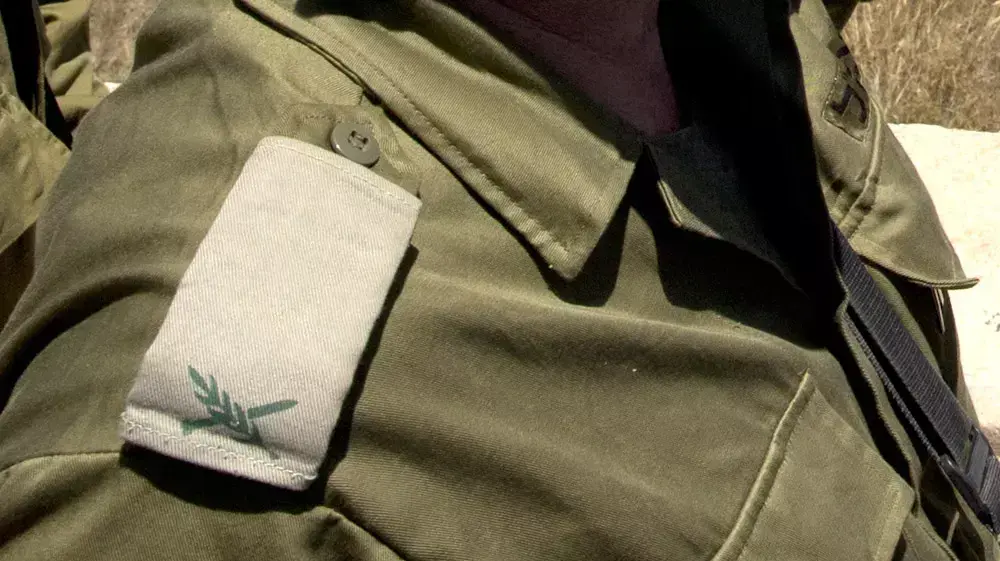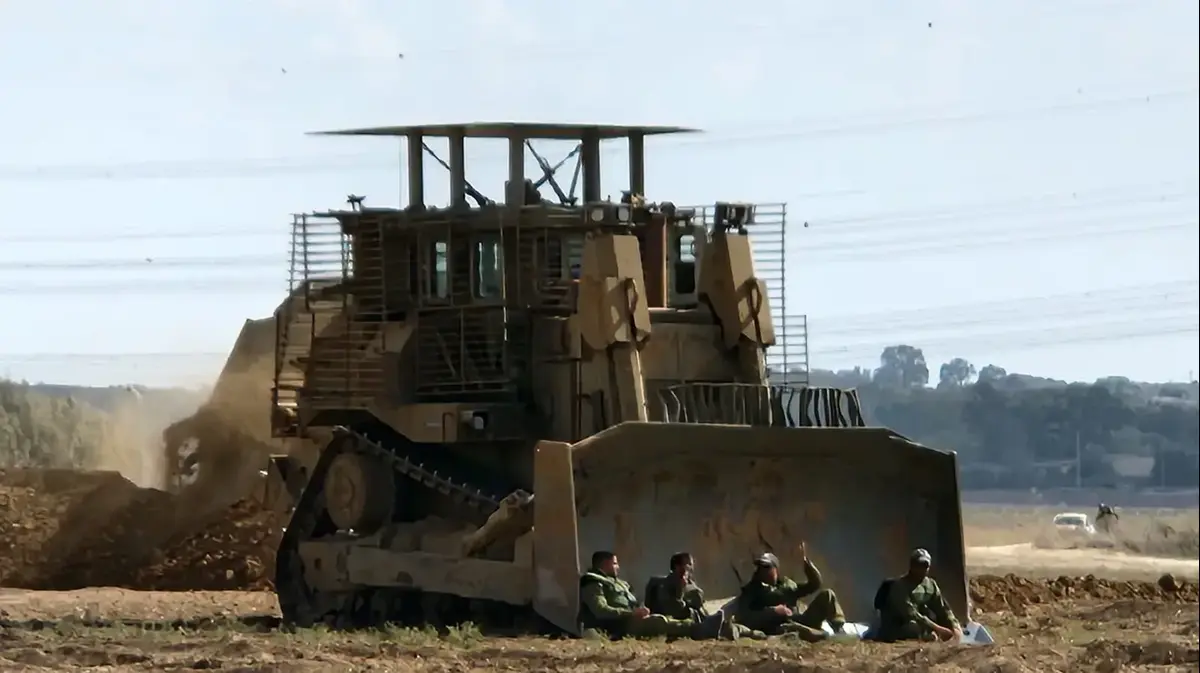Do not want to be released from the permanent service
While most of the soldiers in duty duty long for the day they will be separated from the army and the IDF, a permanent release or retirement notice may be in violation of their wishes. What would a permanent officer who received notice of release or retirement want to continue in the military service?
(Illustration: ShutterStock)
IDF officer in the rank of Brigadier General (Photo: GettyImages)
Termination of service in the IDF can come in two ways - retirement or release:
Retirement - termination of permanent service when the right to a pension is formed, which usually happens only from a certain age (42 for officers, 47 for former). An exception to this is retirement-related, age-independent disability.
Release - Termination of non-retirement service, including permitting commitment by the military.
Either way, even when the system releases the permanent job and also decides to retire, the permanent job reserves the right to oppose this decision.
Resistance to retirement
The retirement process, in many cases, begins somewhere "upstairs" in the Treasury, notifying the military of the need for downsizing and the provision of a certain number of permanent posts. Each unit receives the retirement quota that it must meet and decides at its discretion which of those who have reached the minimum age can be retired.
He shall receive the retirement notice at least one year before the date fixed for termination of service. If he is not interested, he may face his authorized corps (the Chief of Staff in the Corps or the Deputy Chief of the Corps, depending on the corps to which he belongs) and try to convince him that the decision to start a procedure for his retirement is wrong.
The permanent office will accompany his opposition to retirement on grounds such as: a feeling that the decision is unjustified, a reluctance to start Chapter Two in civilian life, or a desire to postpone - even slightly - the retirement date and exhaust most of his rights (reaching a salary level that will significantly increase pensions, eligibility for benefits Jubilee grant given only after 25 years of service and the like). As part of these proceedings, the Permanent Attorney is entitled to submit his arguments orally to the competent corps and be represented in the proceeding by a lawyer.
If the Permanent Officer has been able to persuade the competent body of the corps that his retirement is unjustified - what good. But if the corps authority is not convinced and left its decision, the Permanent Secretary will be entitled to contact the head of the ECHA and submit his claims to him. This request can only be made in writing and can also be made by a lawyer.
A release notice can also be resisted
The discharge process is usually the more problematic and painful of the two, because unlike the retirement process that comes after accumulating pension savings, the permanent office here may be ejected from the military service without any social security net.
This is, of course, true of the permanent servants serving in the budgetary pension arrangement (we were those who pledged permanent employment until 31 December 2003), which in many cases lose all their pension rights. Because, unlike the permanent employees who serve in the accumulating pension arrangement (we were those who committed to permanent service from 1.1.2004), there is a pension accrual, like the other workers in the economy.
When a decision is made to release a permanent post, it must comply with one of the recognized causes of military orders. To date, the main reasons for the release are on the basis of organizational systems such as the reduction of regular forces or the failure to make a definite statement. In other cases, the cause of release may be the absence of a service horizon and even dysfunction - a reason no one would like to appear on his or her release certificate.
As in the case of the retirement notice, even when it comes to a release notice, the Permanent Servant has the right to argue against the apparent move. In this case, too, the process will begin at the unit level, as an oral argument right and if it does not succeed, written arguments can be submitted to the ECHA faculty or the ECHA head (where the degree of authority varies between the various causes of release and the rank of permanent office).
Other grounds for release, such as release on the grounds of value, release as a result of disciplinary judgment, criminal proceedings or as a result of a decline in medical fitness that does not allow for continued service but does not justify medical retirement, will be discussed by a committee for permitting pledges headed by the ECHA faculty. This committee is recommended to be accompanied by commanders, friends and family who may attest to the good work of the permanent officer over the years, and may also be represented by an attorney.
More in Walla! NEWS More in Walla! NEWSBasic Law: The Soldier's Dignity and Liberty
To the full article(Illustration by Reuben Castro)
Major in the Combat Engineering Corps (Photo: Reuven Castro)
Appeal to the army decision
The discharge or retirement proceedings are administrative proceedings for all intents and purposes. As a result, it stands to elaborate on what is likely to be harmed by the decision - the right of argument. Initially, as stated, the right of oral argument is exercised, within the Corps, if this step does not lead to the desired result, then it will be impossible to move on and submit written arguments or appeals to the ECHA faculty or the ECHA head (depending on the type of procedure) In each of the steps, it is advisable to use a lawyer familiar with the Permanent Service Law, who can properly formulate all claims and increase the likelihood of receiving the arguments.
It is important to know that for any final decision to be made within the military system on these issues, an appeal may be submitted to the Permanent Servants Appeals Committee, which is an external administrative court for the military system. Here too, a lawyer's contribution to the process may be critical.
Attorney Shlomo Rakabi is a partner and founder of the Rakabi Law Firm, Harel & Co., which deals with military law, IDF disabled persons, bereaved families and labor law.
Phone: 03-6938409
The article is courtesy of Zap Legal
The information presented in the article does not constitute or replace legal advice and does not constitute a recommendation for taking proceedings or avoiding proceedings. Anyone who relies on the information contained in the article does so at his own risk.









